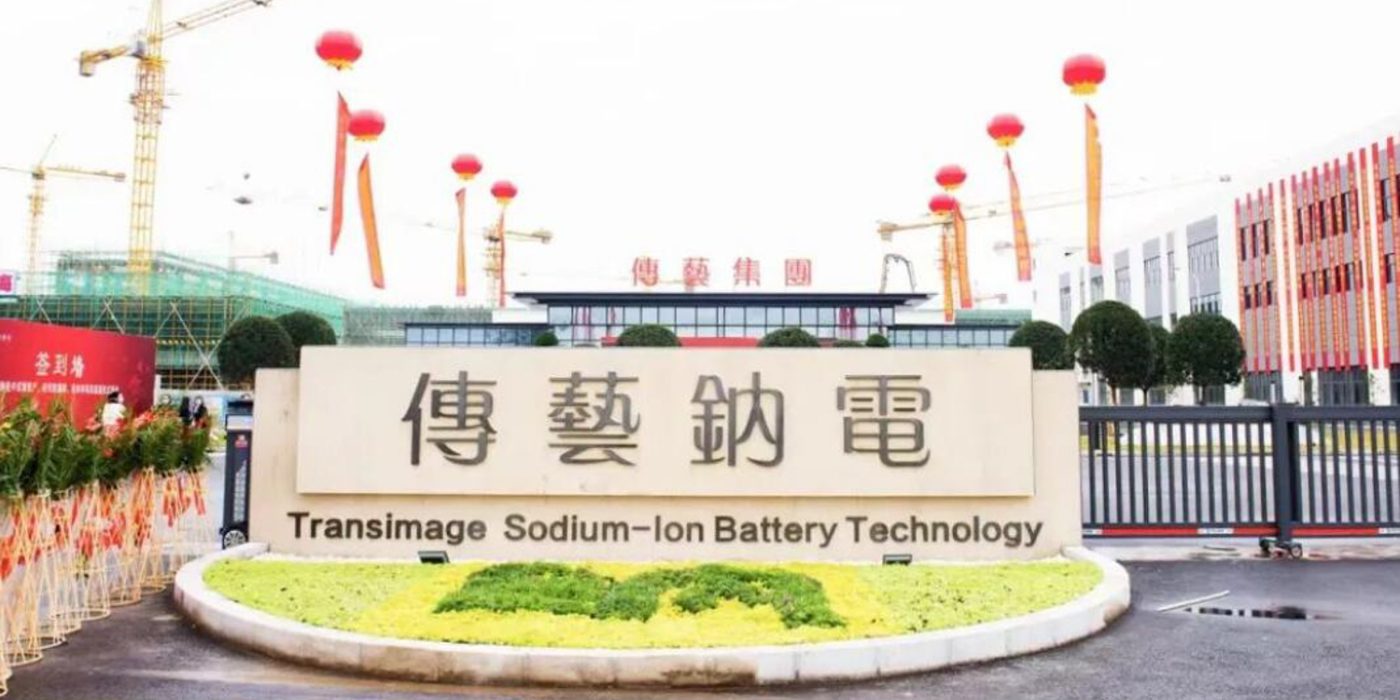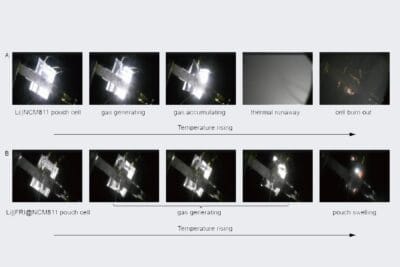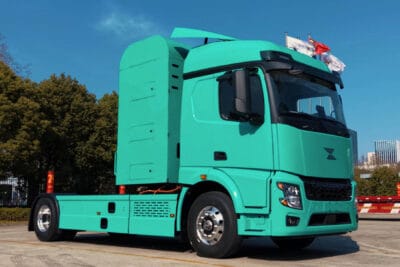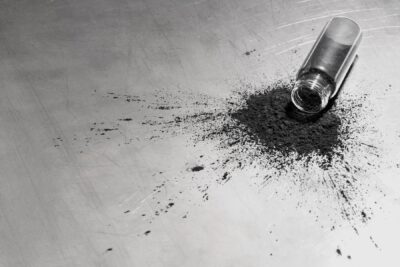German carmaker orders Na-ion batteries from China
Chinese company Transimage Sodium-ion Battery Technology has secured an order for sodium-ion (Na-ion) batteries from a German carmaker. Several details indicate the customer is Volkswagen.
The China-based publication CN EV Post cites a stock exchange announcement by the Chinese technology company Transimage, saying that its battery subsidiary Transimage Sodium-ion Battery Technology has secured an order for sodium-ion batteries from a German carmaker without disclosing the company’s name due to a non-disclosure agreement. The unnamed company is said to be a “globally recognized automaker headquartered in Germany with a portfolio of well-known car brands”. The customer is only further referred to as “customer A”.
This, and the statement that the order comes from the subsidiary responsible for the carmaker’s global battery business, clearly points to Volkswagen or PowerCo. While BMW owns well-known brands such as Mini and Rolls-Royce and Mercedes-Benz (still partly) has Smart and Maybach, neither manufacturer has a “subsidiary responsible for the global battery business” as VW does with PowerCo.
The order is for a relatively small quantity of sodium-ion cells, which Volkswagen presumably wants to test first. The stock exchange announcement states that the order is for “sodium-ion batteries for the company’s passenger cars”, thus clearly implying this is not a manufacturer of commercial vehicles, two or three-wheelers.
Transimage already mass-produces sodium-ion batteries and marked a capacity of 4.5 GWh at the end of March, according to the CN EV Post. According to the report, Transimage produced 3.69 million cylindrical cells in the first half of the year, with the 18650 format accounting for the vast majority, while also producing 163,900 round cells of the 26700 model. The first two digits indicate the diameter of the round cells in millimetres, and the last three the length.
Transimage was founded in 2007 and is actually known for developing, building and selling “input devices for notebook computers.” The company is an important supplier for four leading keyboard manufacturers worldwide.
As our readers are familiar, sodium-ion batteries have a lower energy density than today’s common lithium-ion batteries but rely on sodium, which is obviously a much cheaper and more readily available raw material. Although these batteries have the advantage of fast-charging capability and stability at low temperatures, challenges in development still relate to material structure stability, for example, which has often been the hurdle in the commercial use of these batteries.
Lower-density sodium-ion (Na-ion) batteries are currently being used in two-wheelers made by Niu and coming to market in China this year. CATL reportedly announced a sodium-ion battery in 2021 and said production would start in 2023. Na-ion batteries are generally best suited to lower-power, light electric vehicles, such as small cars, two- and three-wheelers, on account of their extra weight and lower energy density. CATL envisions mixed battery scenarios and first presented a sodium-ion battery in July 2021, saying it would establish a supply chain for the new technology by 2023. Chery, specializing in micro cars, will be the first automaker to use CATL’s sodium-ion batteries, as the battery manufacturer announced earlier this year.
Around the same time, in April this year, we also reported that Chinese battery manufacturer Farasis Energy is supplying Jiangling Motors Electric Vehicle (JMEV), mostly owned by Renault, with Na-ion battery packs for the EV3 small electric car.
Legacy carmakers outside of China are struggling in Chinese EV markets where smaller, more space and energy-effective vehicles have advantages in densely populated areas. Mercedes boss Ola Källenius recently remarked, “Most of the growth in electric cars in China has been in the entry-level and volume segments.” If Volkswagen is indeed the interested party here – does that mean that the world’s second-largest carmaker is now looking at very small and more affordable vehicles for today’s densely populated cities?
Including reporting by Sebastian Schaal





0 Comments